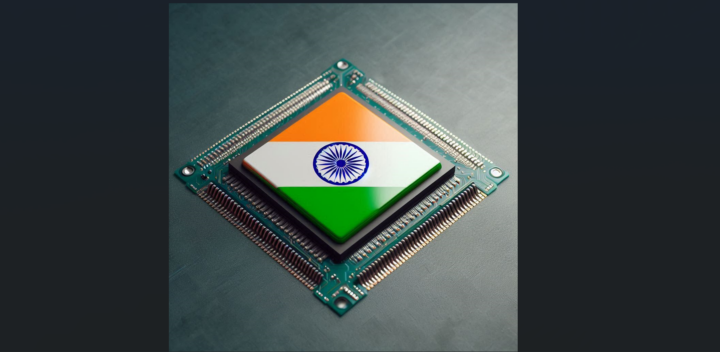Given that private expenditure on healthcare accounts for 70% of healthcare expenses–of which 62% is out-of-pocket expenditure– India has one of the world’s most miserable healthcare records in the world. But is this diagnosis chronic? Could AI play a part in easing what is a burden for millions across the country that lack access to affordable healthcare?
On the one hand, healthcare in India has digitised at a rate of knots, with data in this vertical growing five times over in the last five years. The enormous amount of data can be a boon for companies that have AI as their bread and butter, but their first important task will be to sort through the relevant data and help healthcare professionals and pharmaceuticals make the right decisions for patients.
At a recent panel on the importance of AI in healthcare, Sumit Puri of Max Healthcare noted that many AI platforms can decrease times that relate to more mechanical aspects and, in the process, can help the system cope with low numbers of qualified health professionals. “Technology has to assist the doctor in giving him some information and insight before a diagnosis.” Puri told the panel at the World AI Show in Mumbai, “If the report is uploaded by the patient, it could make that process simpler and it’ll help us bring down the cost of healthcare.”
In India, the poor and marginalised suffer the greatest burden, according to a recent NITI Aayog Report that stated that a sizeable part of the population–around 63 million people–remain impoverished by the high cost of healthcare.
‘Availability, Accessibility, and Affordability are the Three Pillars of Healthcare’: LetsMD CEO
Which is why the government has been attempting to improve India’s healthcare by way of innovation where they believe that startups and companies investing in artificial intelligence can lead the way. The industry potential they believe at stake is expected to reach USD6.6 billion by 2021 and the major problems they hope it will address poor access to doctors, affordability and an approach that stresses ‘prevention’ rather than cure. One recent example canvassed by their AI discussion paper was of Digital Pathology, which would allow for greater access to cancer care for patients outside the major cities.
Another way in which AI can help is through aiding pharmaceuticals make smarter choices with large datasets. One example of this is through precision medicine whereby pharmaceuticals can be far more individualistic in their treatments. The drug discovery process has been laborious in the past–12-16 years and expensive to boot for certain medicines to come out– and required risky patient trials as well.
PharmEasy and Brand Capital are Bringing Healthcare to the Doorstep
“We now have a process where we don’t need to do trials on patients,” said World AI Show panelist Rashmi Hegde, VP of Medical Affairs at Cipla, stating that the AI can sieve through thousands of molecules to see its effect on the disease. Referred to as in silico trials, this aspect has the possibility to save countless lives through computer simulations alone. “They’re modeled trials carried out by the AI and Big Data. This will help drugs get faster to the market,” Hegde said.
These advances in AI highlight an inherent conflict within the use of technology in health as the profit motive may not be in sync with providing affordable healthcare. Instead, India will hope that the two need not be mutually exclusive and that it were possible to make the business case whilst still serving the needs of the vast population. Healthcare itself may not be affordable or accessible to the majority of Indians yet. But the growth of AI–if its potential can be harnessed–can certainly keep it in rude health.












